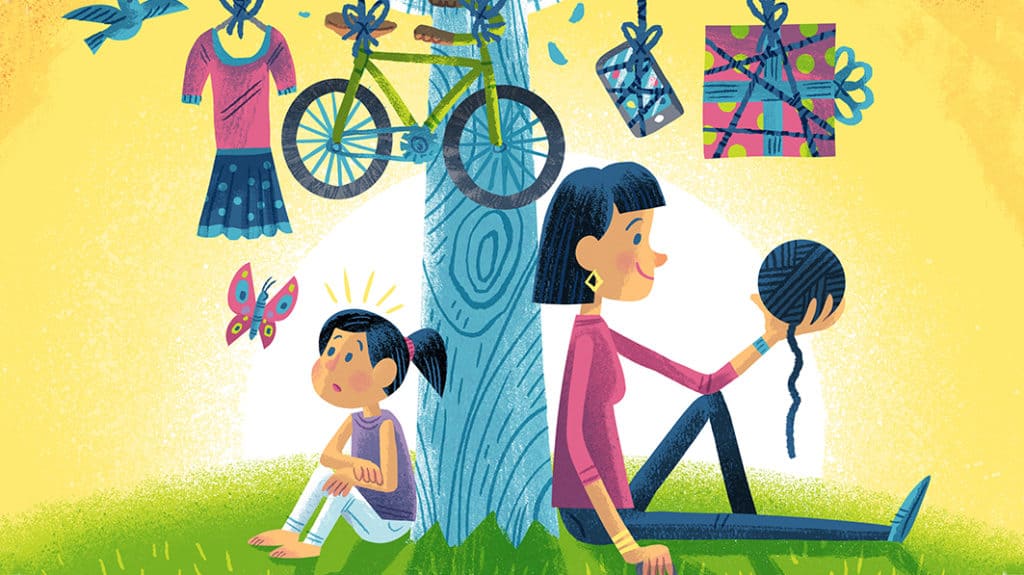
Bucking the Entitlement Trend
Do your teens have unrealistic expectations of what they deserve? If so, you may be training them to feel entitled. Break habit parenting habit of giving them privileges without responsibility.

You might be surprised at how self-denial actually leads to gratitude.
We do our kids a great service when we help them practice the virtue of self-restraint. God gives us so many good things to enjoy: fudge sundaes, trendy outfits, shiny bicycles and more. But they are life’s desserts, not the main course.
They are worth waiting for and working for. It’s not a bad thing to let our kids go without something they want. These are necessary growth moments for developing grounded, grateful kids.
I tell my boys that practicing restraint is like exercising a muscle. The more we say no to some desire, the easier it is to say no to something that is appealing but harmful when it really matters. Occasionally, one of them would get overly attached to a toy or video game. It seemed he had to have that object or game to be OK.
But I knew he would be OK without it, and I set about to prove it to him. “I think it’s time to fast from this game for a while,” I’d say.
Gasping, my son would plead, “No! I love it! No, please, Mom!”
“Honey, you are stronger than you think,” I’d say. “You think you can’t live without this game. I know you can. Nothing on earth should have this kind of power over you.”
It was difficult watching each son go through times of withdrawal. But they eventually found something else to do. It’s an amazing phenomenon: Once you get past the pain of self-denial, there’s actually relief on the other side.
My boys discovered that they didn’t need a toy to be OK. And when they finally did get their toy back, something beautiful happened: They were grateful. Once my boys realized they could live without something, they rarely returned to their unhealthy affection for it.
Susie Larson is a radio host, national speaker and author of several books, including Growing Grateful Kids.